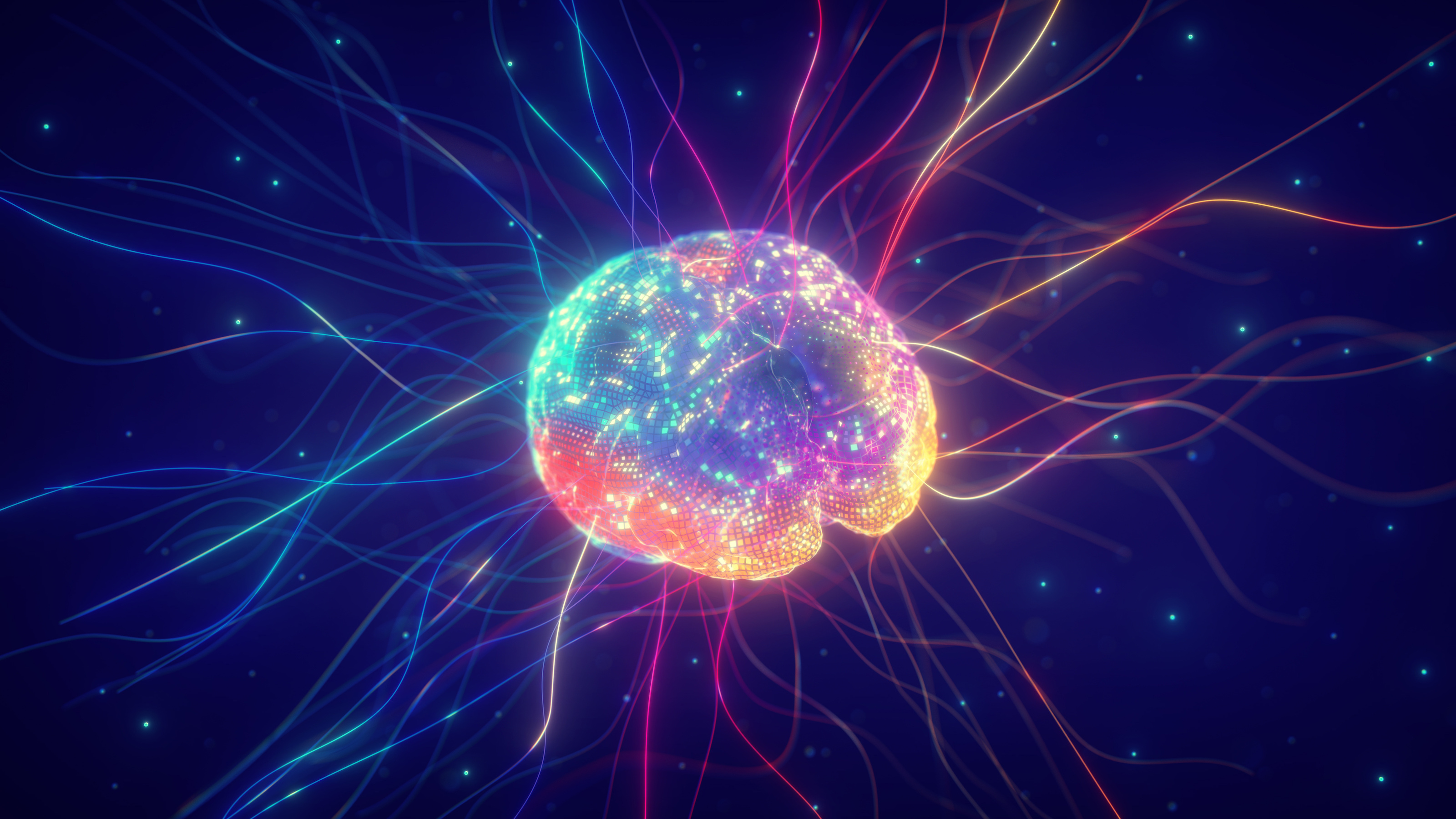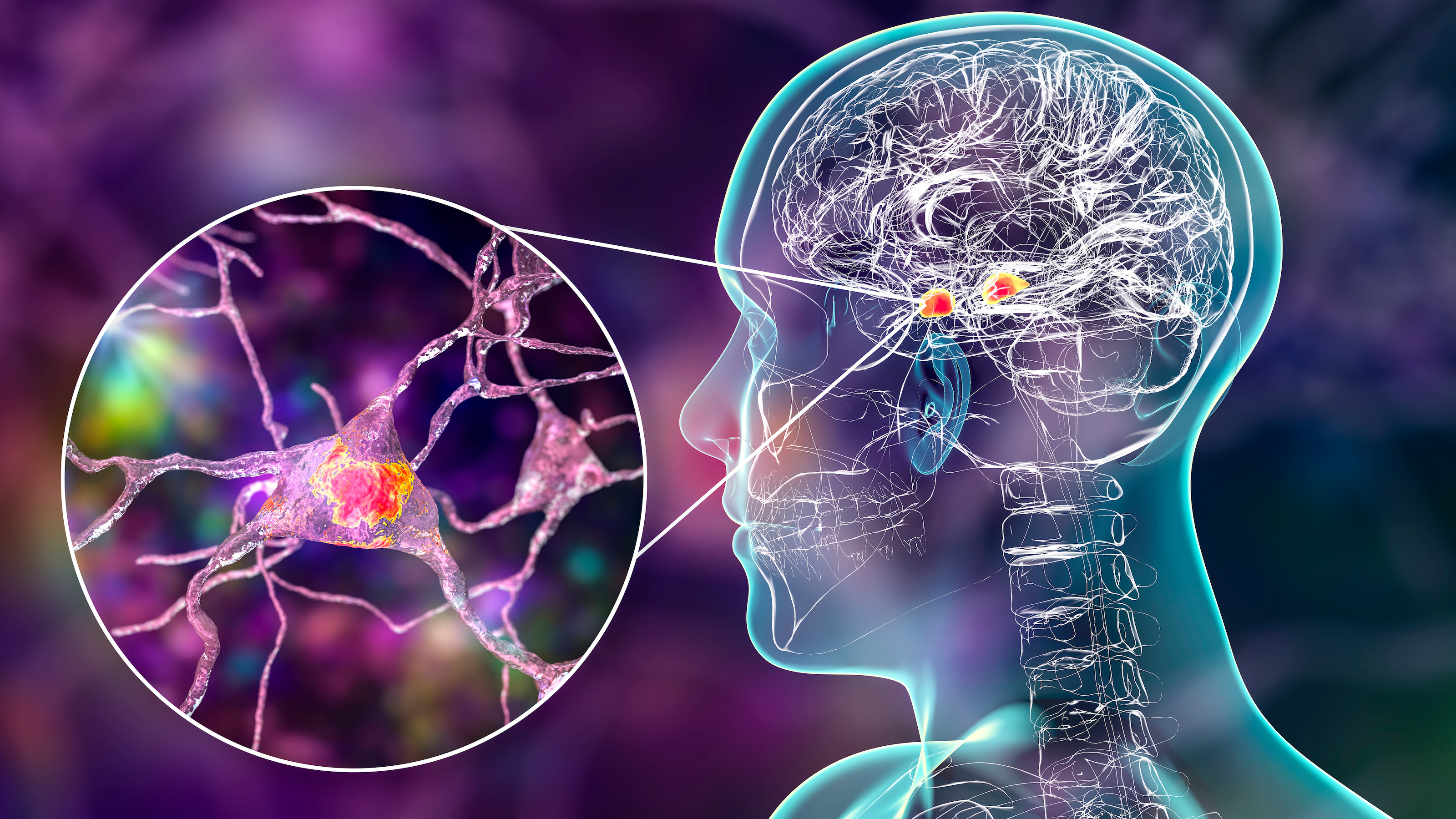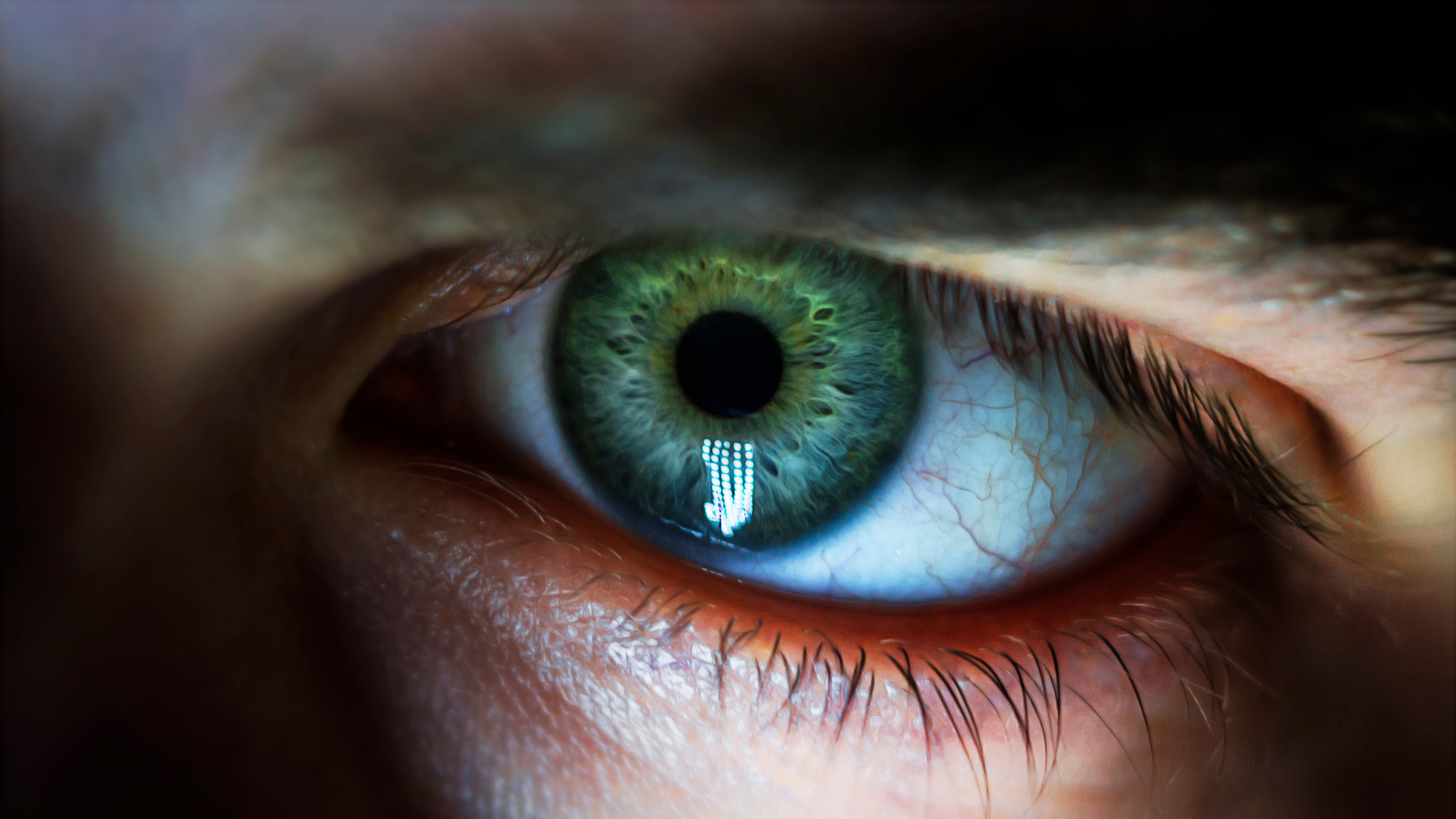Why does thinking hard make us tired?

- Thinking hard makes everyone tired, but the neurological mechanism was unknown.
- New research suggests that the cause is a build-up of the neurotransmitter glutamate in the lateral prefrontal cortex.
- Unfortunately, glutamate cannot be a drug target, since it is the most abundant neurotransmitter in the brain. The best we can do is get plenty of rest.
Thinking hard for long periods of time is exhausting, but exactly why this “cognitive fatigue” occurs is unknown. Now, a team of researchers in Paris believes they may have found the answer. In a new study published in the journal Current Biology, they report that hard mental work alters brain metabolism by causing the build-up of a neurotransmitter called glutamate in the prefrontal cortex.
The cause of cognitive fatigue
Cognitive fatigue has been explained in various ways over the years, with one popular hypothesis stating that it is a feeling generated by the brain that leads one to perform a cost-benefit analysis, which results in a person stopping the current tiring task and switching to something more rewarding. As such, cognitive fatigue can be thought of as a kind of “illusion,” but the new findings suggest a biological mechanism instead.
Antonius Wiehler of Pitié-Salpêtrière University in Paris and his colleagues used an imaging technique called magnetic resonance spectroscopy to monitor levels of glutamate and its metabolites in 40 participants while they performed high- or low-demand cognitive tasks throughout the day. This involved looking at a series of red and green letters shown on a computer screen in quick succession and deciding if each was the same or different from the one before it.
The participants were split into two groups, to perform a hard and easy version of the task, with the level of difficulty depending on the time between the letters and the number of changes in the sequence. All of them performed the same task repeatedly over a period of more than six hours. The hard version required retaining larger amounts of information in working memory, so those performing it experienced more cognitive fatigue.
Between trials, the researchers measured cognitive fatigue by asking the participants to make simple decisions, such as whether they would like to receive a small amount of money immediately or a larger one later, the assumption being that cognitive fatigue will reduce their self-control so that they are more impulsive.
They found that those who performed the hard version of the task were indeed slightly more impulsive. The scans revealed that this was also associated with an 8% increase in glutamate levels in the lateral prefrontal cortex, which is well-known to play an important role in reward and decision-making. This increase was not seen in participants who performed the easy version of the task.
There’s nothing we can do — except rest
The findings suggest that mental exertion and cognitive fatigue lead to an accumulation of glutamate in the lateral prefrontal cortex. This would alter brain metabolism so that more energy is devoted to restoring proper glutamate concentrations and less to non-essential tasks, such as thinking — leading to actions that require less effort and impulsive decisions that lead to short-term rewards.
The study has limitations, however: The sample size of 40 participants is very small, and magnetic resonance spectroscopy is not sensitive enough to distinguish between glutamate and related molecules such as its precursor glutamine.
Even if the findings hold up, they would have few, if any, practical applications beyond, perhaps, helping to detect severe mental fatigue. Glutamate excitotoxicity is a well-known mechanism of cell death that is implicated in stroke, epilepsy, and other conditions, but glutamate is the most abundant neurotransmitter in the brain, and so it is unfeasible as a drug target. As for mental fatigue, the best treatment — regardless of cause — is taking regular breaks and sleeping well.





